News

Apr 22, 2025
How safe is the air to breathe? 50 million people in the US don't know
More than half of counties in United States have no air-quality monitoring, according to study by researchers from Penn State.
Full Article

Apr 18, 2025
Insomnia and sleep medication use connected to disability in older adults
Increases in insomnia were followed by increased risk of movement and self-care disabilities, according to a new study by researchers at Penn State.
Full Article
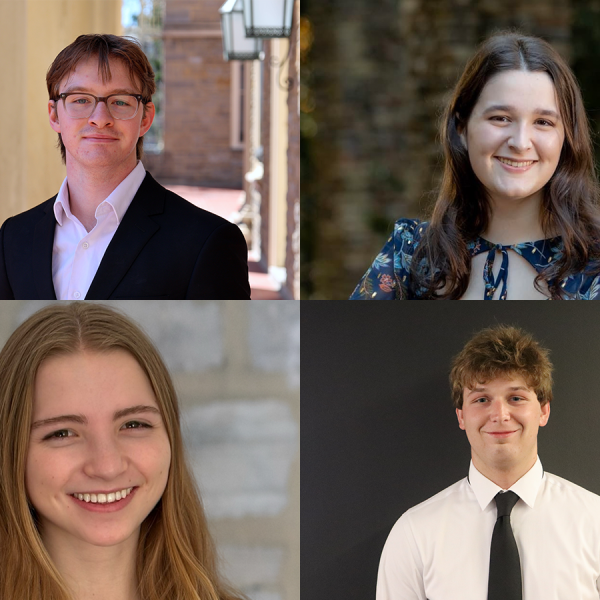
Apr 16, 2025
Four Penn State undergraduates earn Goldwater Scholarships
Four Penn State undergraduates were named Goldwater Scholars for 2025-26, based on their outstanding academic merit and research experience. Goldwater Scholars are selected for their potential as leaders in the fields of natural sciences, mathematics and engineering.
Full Article

Apr 09, 2025
NCEMS working groups to answer molecular and cellular bioscience questions
The U.S. National Science Foundation National Synthesis Center for Emergence in the Molecular and Cellular Sciences at Penn State aims to drive multidisciplinary collaboration utilizing publicly available research data.
Full Article
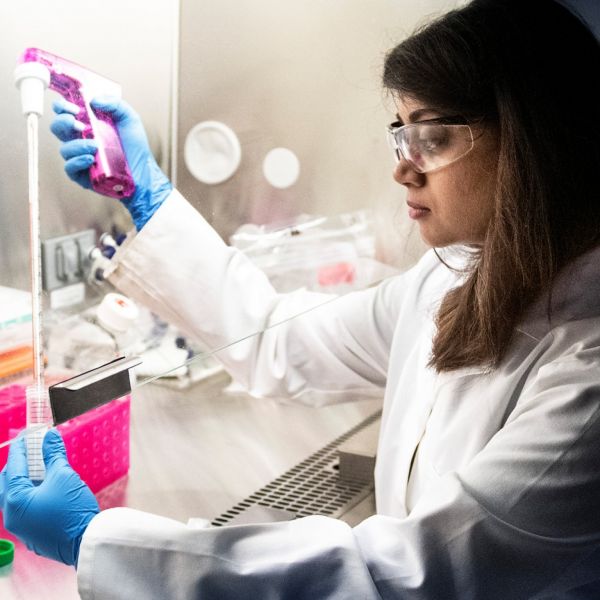
Apr 01, 2025
Biomedical engineering grad student earns American Heart Association fellowship
The American Heart Association (AHA) awarded Nivetha Gunaseelan, a doctoral candidate studying biomedical engineering in the Penn State College of Engineering, a predoctoral fellowship.
Full Article
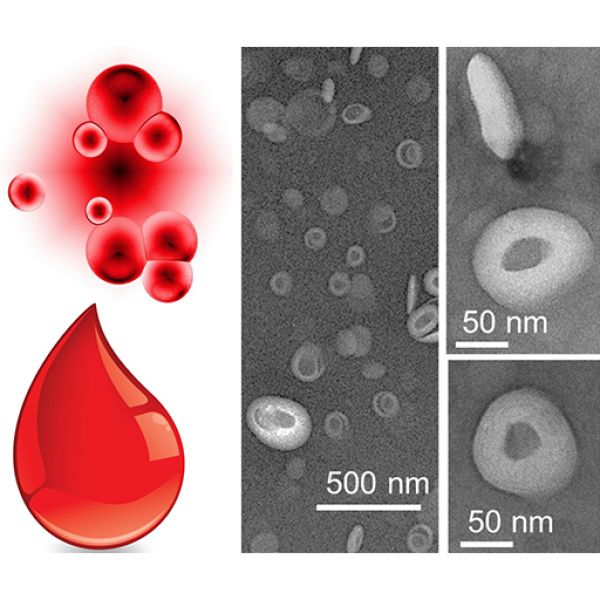
Apr 01, 2025
$2.7M NIH grant to fund next generation of synthetic blood
A multi-institutional team led by Dipanjan Pan, the Dorothy Foehr Huck & J. Lloyd Chair Professor in Nanomedicine at Penn State, recently received a four-year, $2.7 million grant from the National Institutes of Health’s National Heart, Lung, and Blood Institute to develop the next generation of synthetic blood.
Full Article
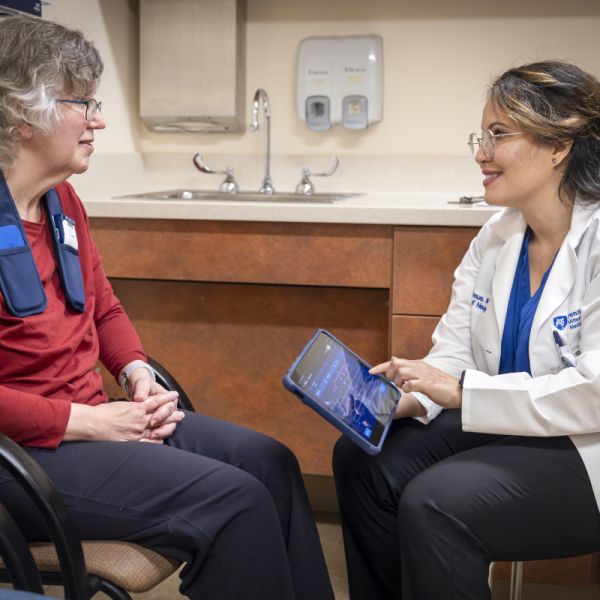
Mar 28, 2025
Hershey Medical Center first in Pennsylvania to offer new Parkinson’s treatment
Penn State Health Milton S. Hershey Medical Center has become the first hospital in Pennsylvania and one of only 23 in the nation to offer BrainSense adaptive deep brain stimulation (aDBS), an advanced treatment for Parkinson’s disease.
Full Article

Mar 10, 2025
Grant to explore maternal depression’s effect on young children
Penn State Associate Professor of Psychology Katie Burkhouse and a colleague at Vanderbilt University recently received a five-year, $3.8 million grant from the National Institute of Mental Health to study maternal depression’s potential effect on young children.
Full Article
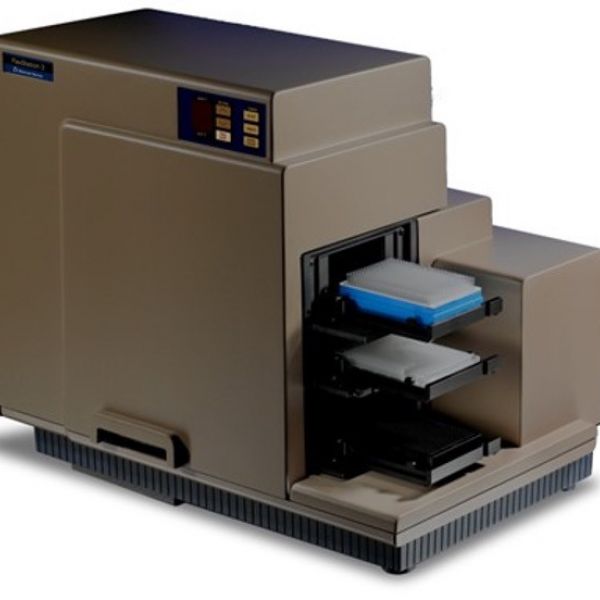
Feb 25, 2025
GPCR Assay Service Center Opens at Penn State College of Medicine
New facility will enable Penn State researchers to perform large-scale drug screening and signal transduction monitoring
Full Article
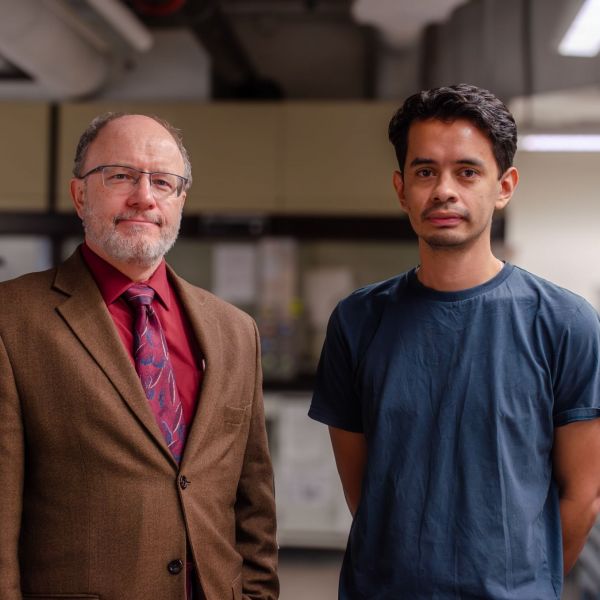
Feb 20, 2025
Young adults may be more vulnerable to nicotine addiction than the middle aged
People in their late teens and early 20s may be more sensitive to nicotine and more susceptible to nicotine addiction than middle aged adults, according to a new study in mice from researchers in the Penn State Department of Biobehavioral Health.
Full Article